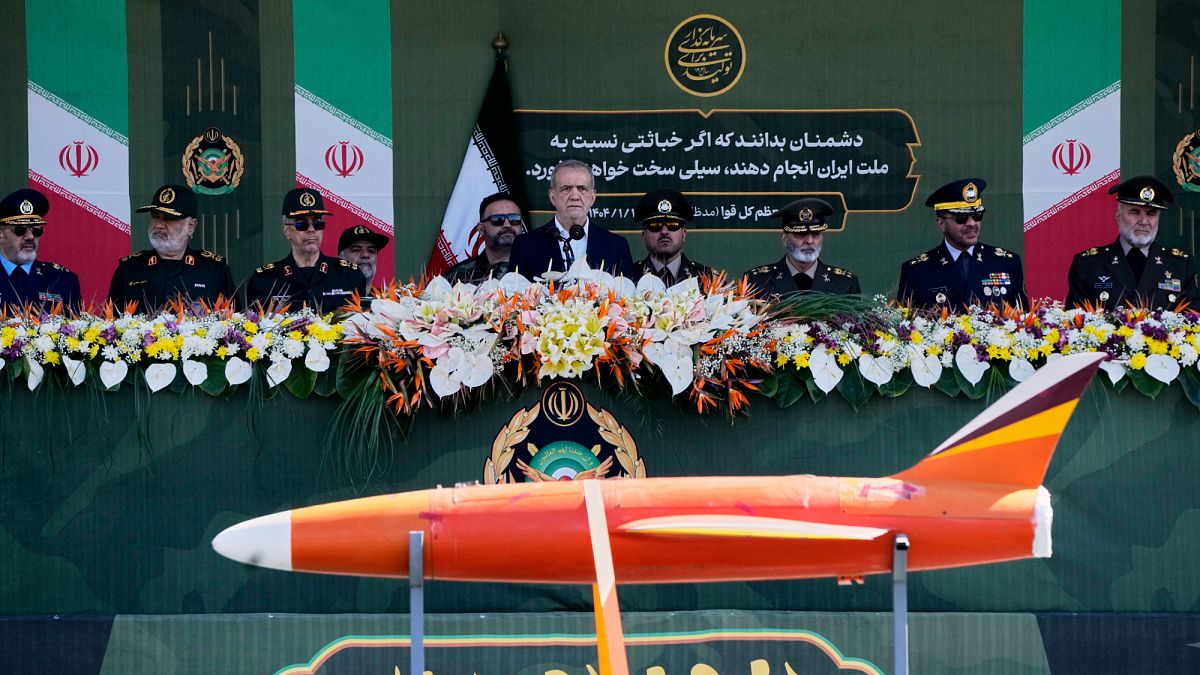

In a world where geopolitical tensions often surface, calm and resilience remain vital. Recent developments unfold across various regions, highlighting the delicate interplay of diplomacy, military actions, and humanitarian concerns.
In the Middle East, a coordinated effort by the US and Israel has temporarily set back Iran’s nuclear ambitions. The Pentagon confirms that joint airstrikes on key nuclear sites have delayed Iran’s program by approximately one to two years. This action underscores the persistent global concerns over nuclear proliferation and the strategic partnerships that operate to counter such threats. However, in the aftermath, Iran has suspended cooperation with the International Atomic Energy Agency (IAEA), indicating potential for further diplomatic challenges.
Meanwhile, the conflict between Russia and Ukraine presents its own unique set of challenges. Recent revelations from an Estonian court point to Russian intelligence involvement in an arson attack on a Ukrainian restaurant. This incident reflects ongoing tensions and the complex nature of regional security concerns in Eastern Europe, as countries confront both external and internal threats.
The US has temporarily halted weapons shipments to Ukraine, citing concerns that stockpiles are running too low. This pause, particularly concerning US Patriot air defense systems and other precision weapons, has prompted discussions on the balance between national security and international obligations. While the Pentagon, led by policy chief Elbridge Colby, made this decision to prioritize American interests, Ukraine expresses concerns that such moves could embolden Russian actions. This scenario challenges both allies and policymakers to find solutions that achieve peace without compromising security.
As Middle Eastern conflicts persist, a recent Israeli airstrike in Gaza has come under scrutiny. The use of a 500lb bomb in a crowded area, resulting in significant casualties, raises questions about the proportionality and legality of military response. Advocates for international law highlight the potential implications of such actions, emphasizing the need for adherence to humanitarian principles even amidst conflict.
Tragedy further unfolds with the loss of a highly esteemed cardiologist, Dr. Marwan al-Sultan, in the same region. His death marks a continued loss to Gaza’s healthcare system, already stretched by ongoing hostilities. Dr. al-Sultan’s passing symbolizes the personal toll of conflict, reminding us of the human cost behind the headlines.
In these times of uncertainty, clarity and determined efforts towards peaceful resolutions are more important than ever. As global challenges continue to evolve, the pursuit of workable solutions remains a critical pathway toward stability and shared prosperity. In each region affected by unrest, the cooperation of international communities, supporting dialogue, human rights, and practical solutions, remains a beacon of hope for a more peaceful future.
Source: {link}
